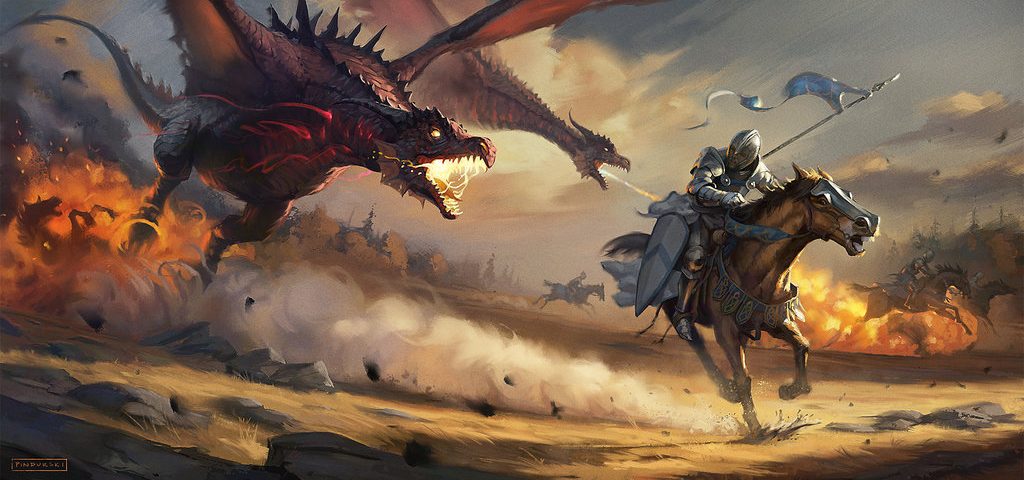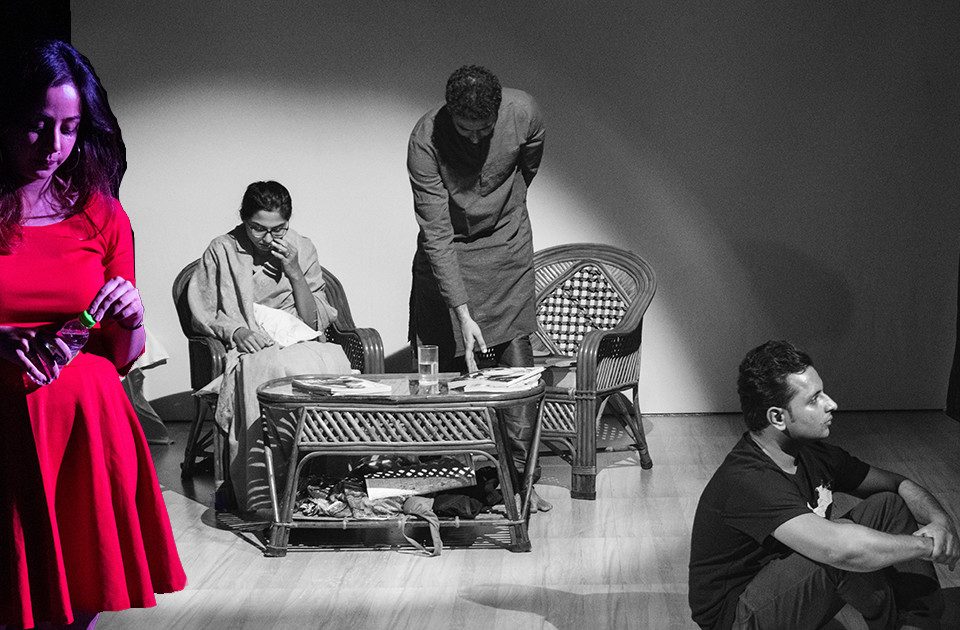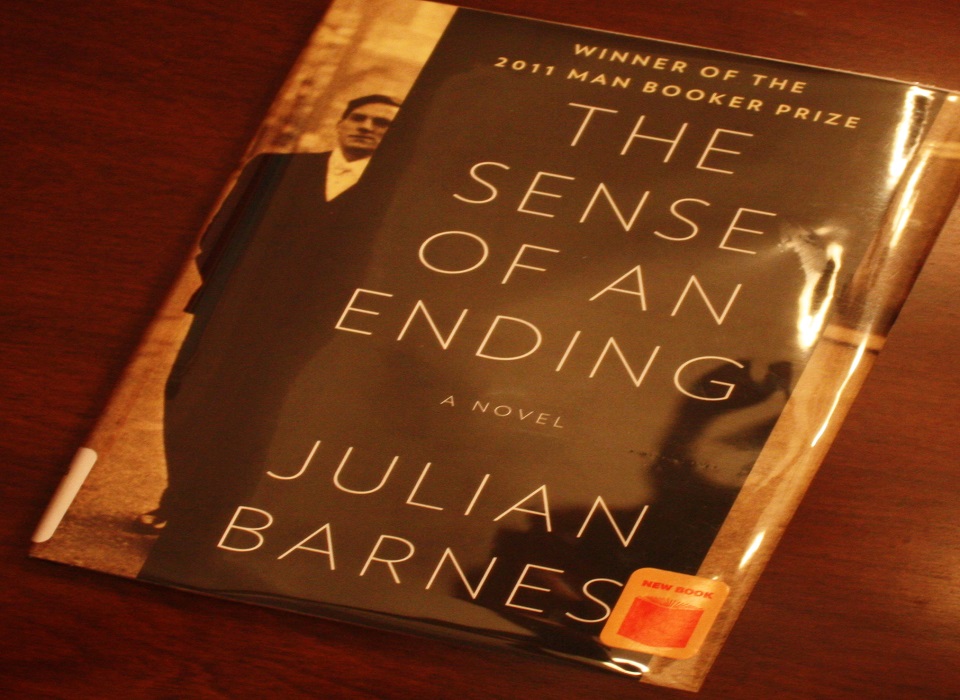
The Sense of an Ending
November 10, 2016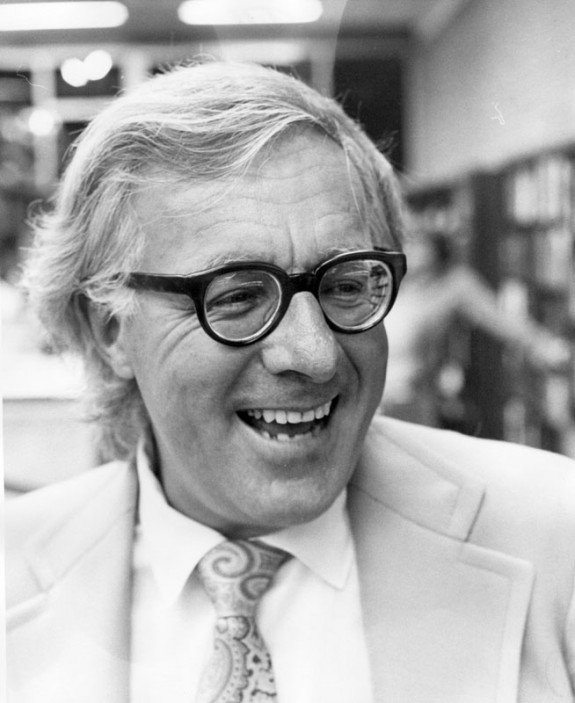
Reading Ray Bradbury
December 12, 2016If we exclude the bad ones, writers can transport you through dimensions. Space and time. Love for fictional work is unique. Knowing something isn’t real and yet devoting a moment of your life, sharing a fragment of your mind with that fantastic imagination is a pure feeling. You have lived in that moment, no matter where it was. You have, for a brief while, related yourself to people out of a brilliant imagination. And maybe, in that same moment, connected to some people from the world around you. Tried to understand them. Probably succeeded, too, if you were paying attention.
Fiction is wild; it’s rampant and ever growing. Reality is hard and brittle; it’s plastic and rubber, and sob stories. Fiction is the anaesthetic supplement that emotional beings need before they become a subject to the very important operation. All the artists have the duty to assist the society into tending to its own fatal injuries, but it’s essential to keep the bedside manners intact. The patient is very delicate. Smooth talk, luxurious compliments, and a cosy feeling of being in the perfect place for themselves is very important.
Fiction is important in our life. It’s part of our evolution. Our brain grows by learning, questioning and thinking. And nothing more than fiction can stimulate a dull brain to think, fantasise and conjure. All signs of a healthy, hard working, cooperating to evolution on an eight-hour long night shift with coffee and cigarettes, low paid employee. Our brain has a lot on its desk. Survival, reproduction, growing old, managing the body, fighting off pathogens, keeping a job, plans to spark a conversation with the girl your friend brought on a group hangout. So, it’s alright to leave the desk and go down on the ground floor for a cup of coffee or tea or a smoke or all of it. Spend some minutes alone.  Watch the traffic. Or the random strangers standing around you. Or the boy who brought you the tea. How old is he do you think? How did he end up doing this? What could have been his life? Can you understand what being underprivileged means by learning about him? Can you call yourself privileged? How much do you know about yourself anyway?
Watch the traffic. Or the random strangers standing around you. Or the boy who brought you the tea. How old is he do you think? How did he end up doing this? What could have been his life? Can you understand what being underprivileged means by learning about him? Can you call yourself privileged? How much do you know about yourself anyway?
This much over a cup of tea (or coffee, if you prefer) . . . are you surprised? That means you have never experienced it. Never tried being alone. Never tried to peek into the lives of other people. Not just Facebook stalking, or waiting on the balcony for a peek at your hot neighbour, but actually trying to learn about someone. What makes them tick? Why do they behave in a certain way? Why do they have pet phrases? Why is that man keeping that beard? Why is that woman holding her purse in a certain manner? What makes them different from you? What are your similarities? What makes them human?
I did. Always wished to know. But there was always a problem, which persists in many portions of my life. I wasn’t able to talk to other people. And in the cases I tried, people didn’t want to talk to me. Somewhere along the failed conversations, silent admirations and muffled self-loathing, I realised that people in the stories almost resemble the ones in real life. There is a tremendous amount of similarity in them. Realising how often writers and other artists turn out to be introverts I concluded that perhaps these images of living, talking and thinking people might be the writers’ attempt to start that conversation that never happened. Or maybe turn things around a bit, and try to see what would have happened if . . .
There is a world of possibilities in human lives. More than a million outcomes of any particular situation. Our existence is just a coincidence. A random event, in scientific terms. But still, there is a strange curiosity, a truly human desire to know the what-if. These little what-ifs had been moving the circle of our lives. And fiction helps us in this. Fiction provides us with the attempt to understand and see things with a different perspective, learning more about other views and all the while chewing on the bite of entertainment. Entertainment is the saliva that helps us in swallowing this sugarcoated pill that the intellects try to serve to the “blind” society they live in.
Fiction helps.
But why fantasy? Where is the pill in this artificially constructed world that has too many eyes or none at all? Where even rocks and mud aren’t the same as we see around us. People talk in weird languages and have odd gods, they praise to kings or publicly elected leaders and have politics like we do, but their methods are different and so are their names. It’s hard to find the blinds in such situations and now the intellects are mad because there is too much sugar on the pill. But not every casual visit away from the desk needs to be a walk down the Eden. There’s not enough epiphany in a cup of tea tadalafil tablets.
Fantasy is the grandfather in the fiction family. It’s old and wise. It has known and seen things that are nowadays out of use. It talks about ideas and events that people these days call ancient or don’t even believe to be true. Fantasy is vast, unending. It’s full of gems that have lustre of metal and colours of a rainbow. 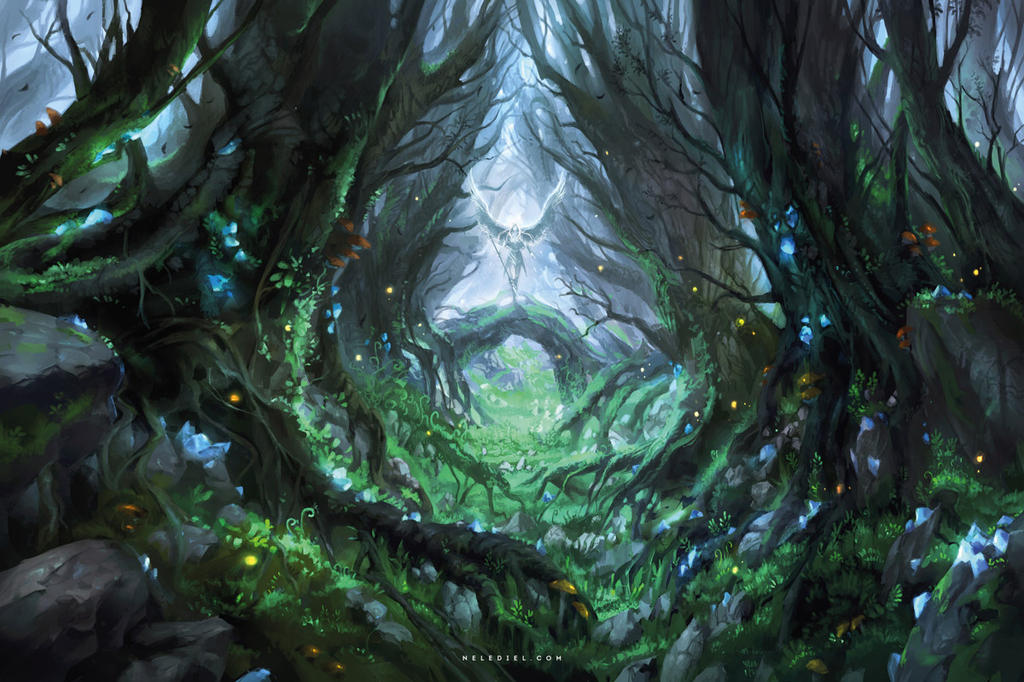 It has animals that can fly and swim and breathe fire. It has texture, hard and uneven like the skin on a dragon’s back; smooth and pulpy like the marshes along the mythical river lands. It smells like lavender and looks like blueberry. The weather is mysterious and so are the wizards. A world where knights ride Harleys in steel jackets and pointed helms, and damsels carry obsidian swords that burns like an eternal candle. A world of your own imagination and only yours.
It has animals that can fly and swim and breathe fire. It has texture, hard and uneven like the skin on a dragon’s back; smooth and pulpy like the marshes along the mythical river lands. It smells like lavender and looks like blueberry. The weather is mysterious and so are the wizards. A world where knights ride Harleys in steel jackets and pointed helms, and damsels carry obsidian swords that burns like an eternal candle. A world of your own imagination and only yours.
But then, the critic interrupted, where is the pill?
The writer leaned forward on the back of the griffin and waved an arm over the kingdoms of tyrants and leaders who only want to watch their people burn; their courtiers who’d threaten the public with fire so they can sell some water and knights who carry the torches and assure the fearful citizens that they protect.
Don’t you see the glimpse of your own world? the writer asked. Your tiny confound existence, which you dare claim to be reality. Can’t you see that hidden in the imagery of this vast land of kings and knights, magicians and courtiers, queens and warrior princesses, is the shrivel and tasteless cast of your reality?
And yet, the critic protested, you bury it so deep that no one can find it without looking. 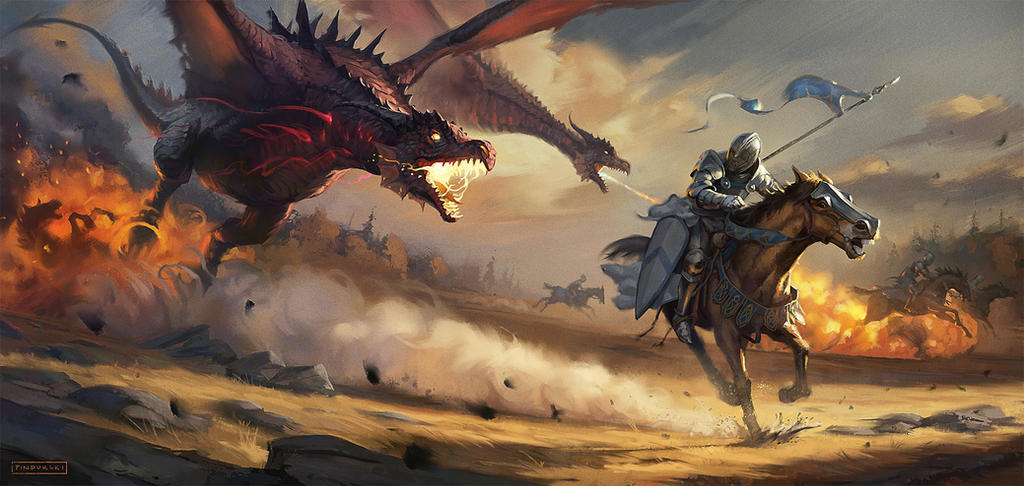
But that is the purpose, the writer replied before shoving the critic off the griffin, and felt the wind in his hair as the creature dived for the ground with its open beaks and swallowed the critic whole.
Fantasy never fails in grasping the facts of reality, but the point isn’t about how obscure it is, but how it develops from there. How in that fantasy the writer acknowledges the looming pathogens of reality: real world, real people, real problems. And yet, never reveal the secret. Let yourself believe for a while that that rabbit can talk. Go ahead, there it stands looking into its watch.
Why do you want to look behind the curtain and know the secret? The magic itself is beautiful. It doesn’t matter if it was a hole or a hat; listen to what the rabbit has to say. Pay attention to the words, the intention. After all, you call yourself smart enough to demand a reasonable and strong motive. There is a motive. There is always something in a good story. How hard are you going to look for it? And if you don’t want to . . . then let’s just take a ride on the griffin or the dragon or the kraken or the wizard’s hat or demigod with massive wings.
For a moment just stay in the wind of that eternal spring. The impending doom hovers at the horizon, but the air is still fresh. Take a deep breath. Doom will come, we all know. Because we all are sad in real life, and our favourite stories only reflect the deepest desires. To fight off that doom. To feed the hungry children, end the war; enemy slain or defeated; friends united; and then sum it all up with feasting and jousting. A big meal with fried, crispy meat, food that smells of cinnamon and cloves, honey dripping from the bread and the wine reflecting the shimmering lights above your head.
Fantasy is beyond the grasp of an uninitiated, narrow, trapped mind that hovers around only one well and wonder where all the frogs have gone. Come to the pond. Come to fantasy.
Note: The author does not claim any copyright over the images.
![]()

